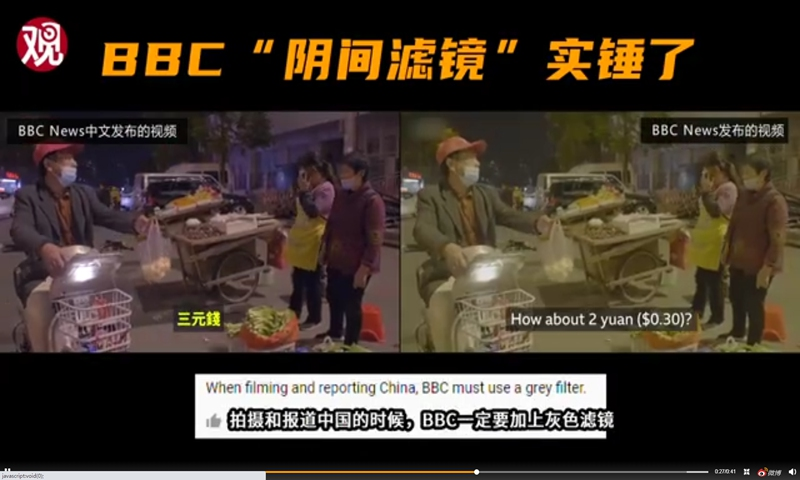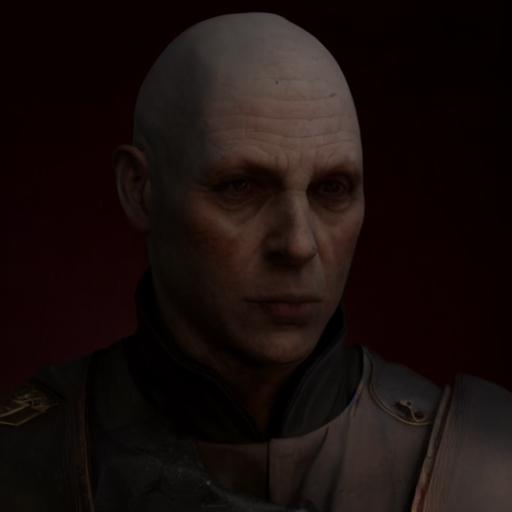From a comment I made earlier, I thought it would be good to make a post about it for visibility.
The video: https://www.youtube.com/watch?v=41e44JwMY6Y&list=PL6UESfsY6DFtN4rbXh3WYI8OEI78Lt9vi&index=6
The BBC article: https://www.bbc.com/news/world-asia-china-57780023.amp?s=09
Now, one might assume that the Youtuber is lying, and this is definitely what any lib coming across the Youtube video would think, especially if they look up the article and notice the image is unaltered.
Think again, the BBC has since changed it back to the unaltered version, this shit is infuriating because,
-
anyone seeing this video would think the youtuber is lying, and
-
whoever read the article at first has already been lied to.
Here is the article before the image was changed to the unaltered version (Likely in “response” to the Youtubers video, BBC obv. doesn’t mention or apologize for this blatant disinformation): http://web.archive.org/web/20210711221132/https://www.bbc.com/news/world-asia-china-57780023
I initially (although only for a while since I am critical towards my sources) thought that the youtuber had lied after looking up the BBC article, shame on me … But thank fuck for archive.org.
Another example (Credit: @qwename)

https://www.globaltimes.cn/page/202102/1215710.shtml
BBC News posted Chinese and English versions of a video titled “How everyday life has changed in Wuhan” on Youtube. Although the two versions have the same content, netizens found that a filter was added to the English version that made the footage more greyish.


Thanks, I was more focused on the first image, but in the second one, and the other examples shares on the comments, is more obvious the editorial manipulation. I used to be TV editor in a news program on Argentina and we always color correct for esthetics reasons. The real manipulation was on the footage our director cut off.